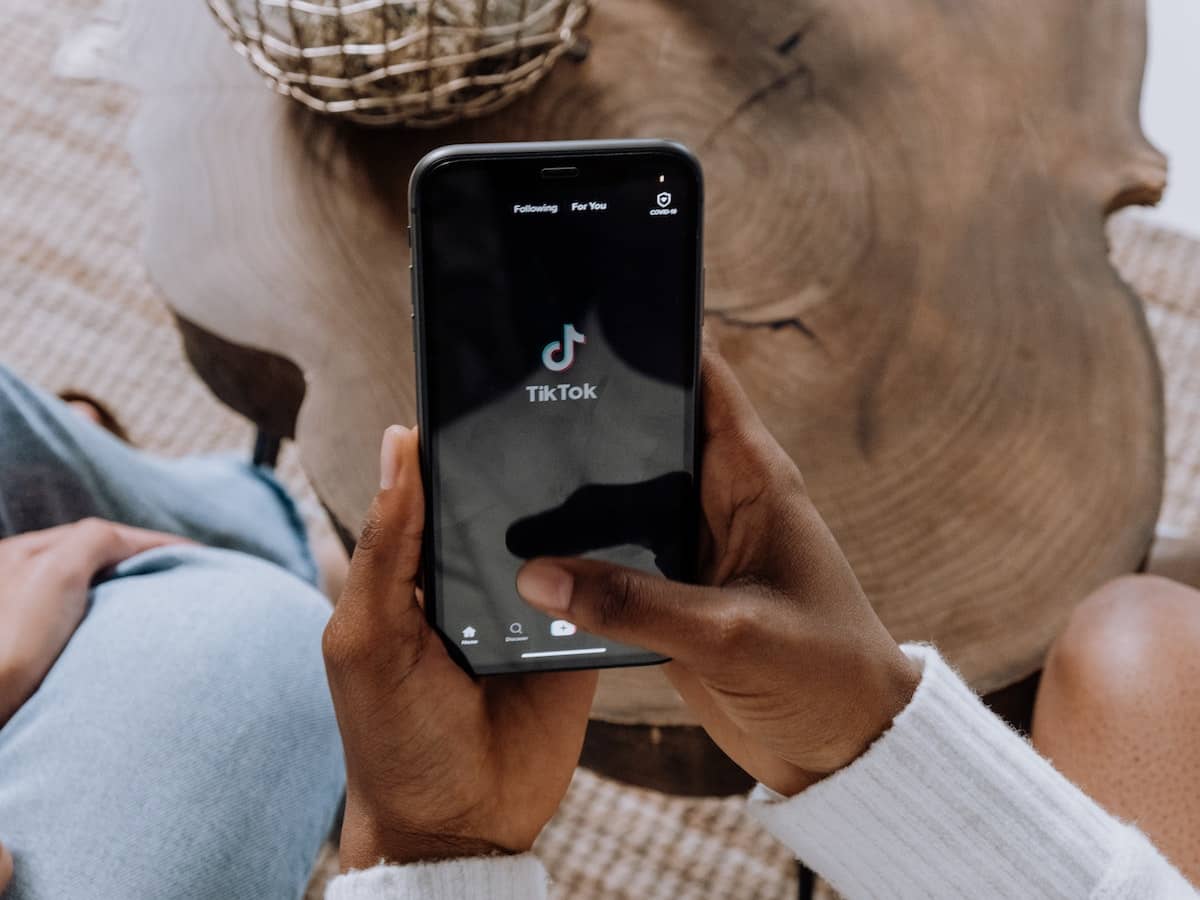Yet notwithstanding the event's exotic beauty, it's not in Arabia that this fast for God, community, mind and body is pursued with the greatest rigor, according to Abdulwahab Alkebsi, executive director of the Washington-based Center for the Study of Islam and Democracy. "Muslims fast much better in the United States than anywhere else in the Islamic world," he said, confirming once again the discovery of cultural sociologist Raymond Williams that "immigrants are by all accounts more religious than they were before they left their homeland."
During Ramadan, all Muslims -- except children, the elderly, the insane, the chronically ill and combatants -- may not eat, drink, smoke, make love or have enemas from sunrise to sundown.
Yemeni-born Alkebsi explained why Muslims in the Western world are much more serious about these obligations than most of their co-religionists in the Middle East, for example: "We have jobs. We work. I really feel my hunger and have a headache for lack of coffee. In Islamic countries, they just sleep all day and are up all night, feasting."
At the end of the month, though, Western Muslims reap one visible reward for their enduring faithfulness. Said Alkebsi, "When Ramadan is over, I am down at least 10 pounds. In the Arab countries, many people gain that much during Ramadan."
This defeats of course the purpose of Ramadan, whose observance is one of the five "pillars" of Islam, along with faith (Aqidah), prayer (Salat), purification (Zakah) by giving a portion of one's wealth to the needy, and the pilgrimage (Hajj) to Mecca once in a believer's lifetime.
Why, then, do Muslims fast during Ramadan? They commemorate what they consider God's greatest gift, the Koran. As their tradition has it, it was during the ninth month of the lunar year in approximately 610 A.D., that the archangel Gabriel told Mohammed that God had chosen him to receive his word.
In the days that followed, Mohammed found himself dictating verses to scribes. Collectively, they became the Holy Scripture of Islam. Ever since, one-thirtieth of the Book has been recited each night of the holy month in countless mosques around the world. By the time Ramadan is over, the worshipers filling these sanctuaries to capacity will have listed to the Koran in its entirety.
Fasting is both a gift from God and a gift to him. It pleases him so much that he delights even the fasting Muslim's bad breath "is better with Allah than the fragrance of musk," the Koran says.
Yet it is not for his own benefit that God has commanded the fast, according to Alkebsi. "Rather, he gave it to us to help us be better people." The feeling of hunger and thirst makes Muslim appreciate the fate of the needy better, said Taha Al Alwani, President of the North American Fiqh (jurisprudence) Council.
For another thing, Ramadan teaches the believers endurance for the rest of the year and perhaps helps them stop many bad habits, such as smoking. Equally important, it instills them with a sense of community. "We are not supposed to break the fast alone at sundown," explained Alkebsi, "We are to invite our neighbors, including our Christian and Jewish neighbors. Here again, I believe that we in America and Europe are the better Muslims because we do not just go through the motions as so many do in the Islamic world. We actually do invite Christians and Jews and Hindus."
However, it would probably be unfair to claim that the Ramadan routine does not have measurable effects on traditionally Muslim countries. "There is peace and tranquility. Personal hostility is at a minimum and the crime rate decreases," reported Shahid Athar, an Indian-born Muslim scholar and physician now living in Indianapolis.
How is that? Because fasting empowers man to keep unruly desires in check -- greed, vengefulness and anger, for example. After all, the purpose of Ramadan is to liberate the human soul and strengthen it morally and spiritually in order to promote peace, justice, compassion, kindness, beauty, harmony, goodness and truth.
On the first day of the new Ramadan, Abdulwahab Alkebsi pleaded for its repristination in the Western world, "where it has not been corrupted." He reminded this writer of a verse from the Koran about "those who respond to their Lord, and establish regular prayer; who conduct their affairs by mutual consultation; who spend out what we bestow on them for sustenance..." (Surah 42:38).
"Mutual consultation"--it's hard to argue with Alkebsi's contention that this sounds rather democratic. Seen in this way Islam does seem more compatible with democracy than with Middle Eastern dictatorships. "Here in the United States," Alkebsi said, "Islam is more authentic than over there."

